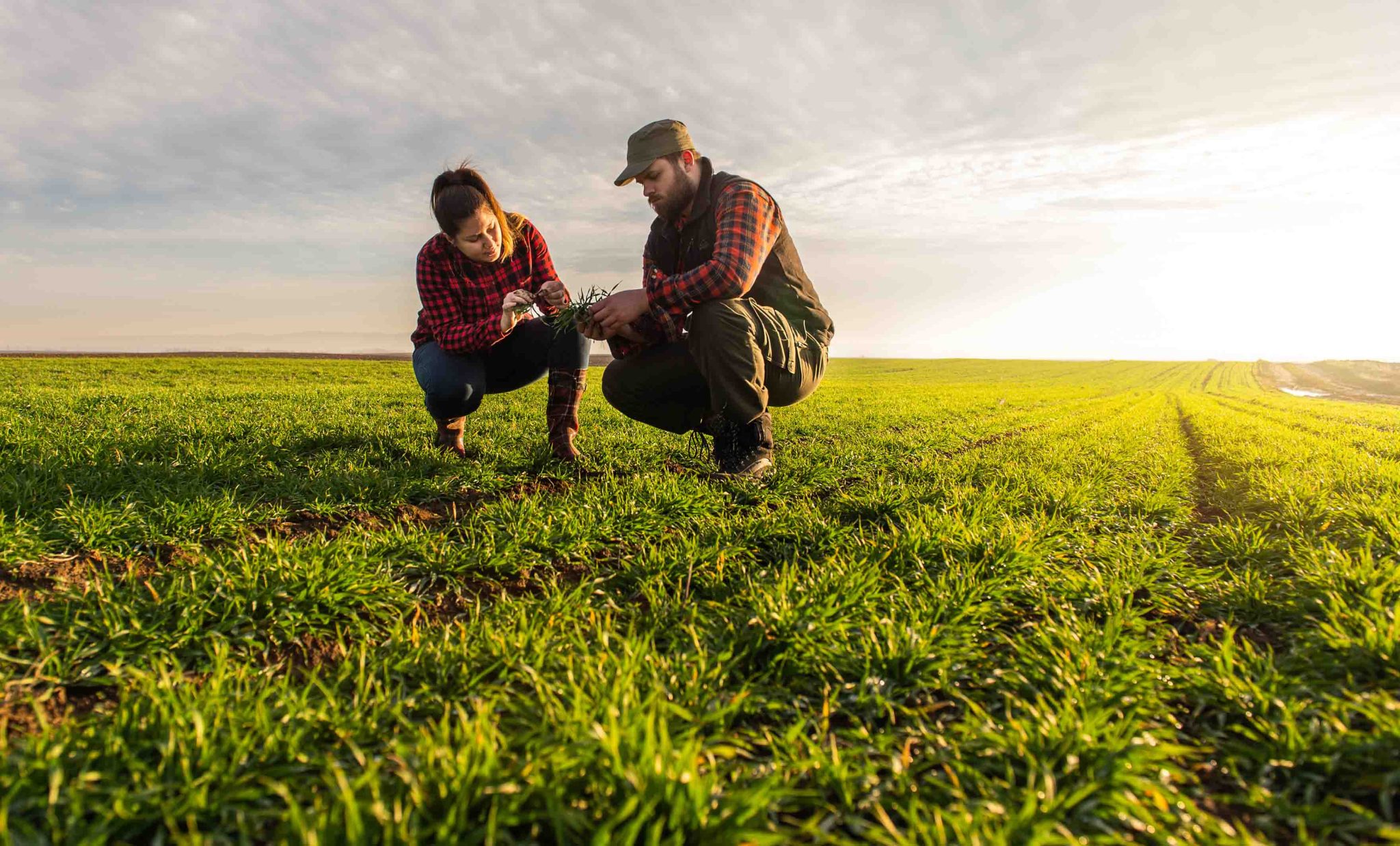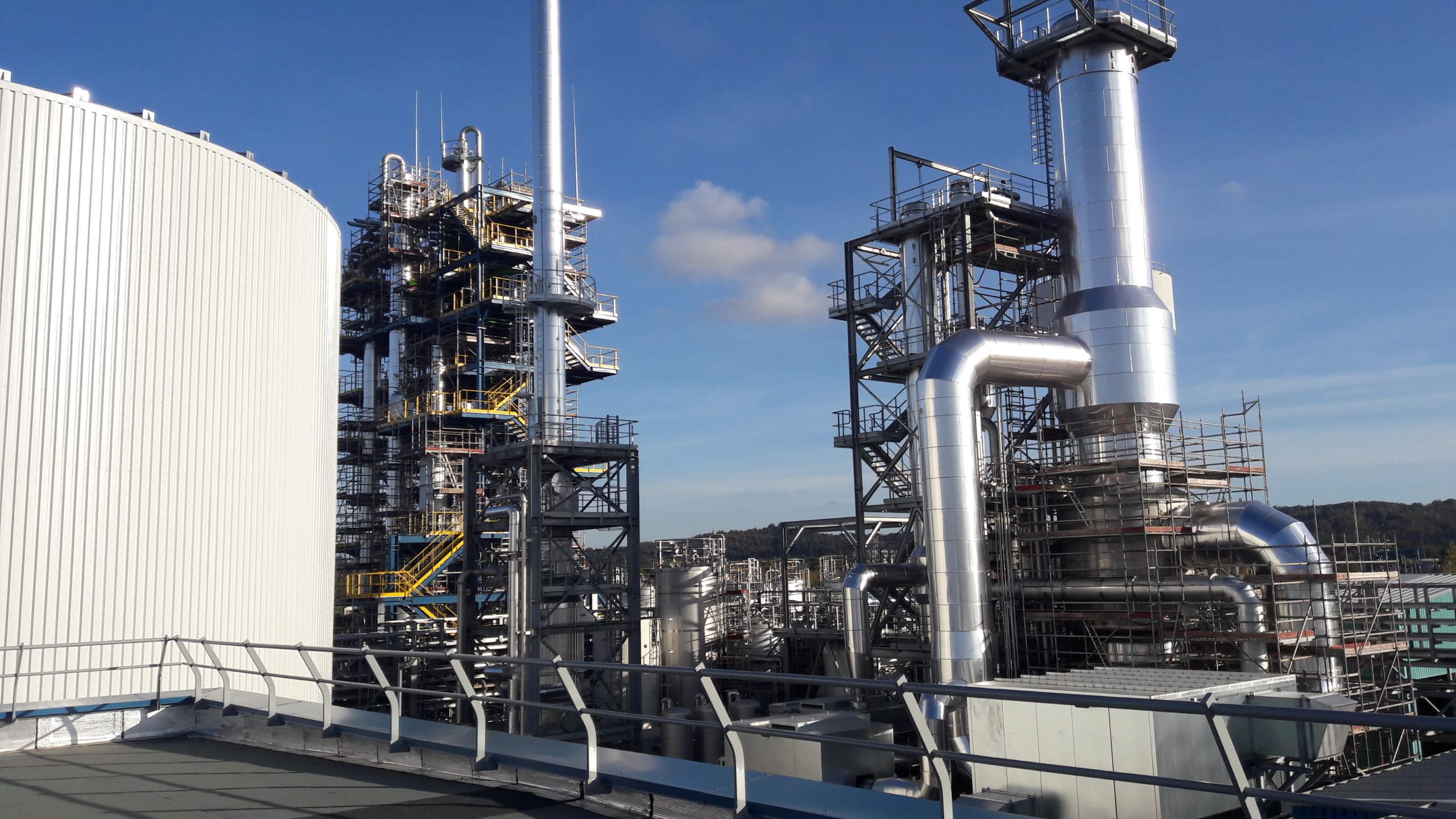Retour page d’accueil • Moving from a linear model to a regenerative circular economy
Moving from a linear model to a regenerative circular economy

AFYREN’s circular bioeconomy model solves the equation of business efficiency and low environmental impact
AFYREN has designed and developed a technology to manufacture biobased ingredients that are innovative, sustainable and efficient solutions for sectors including food, feed, aromas and perfumes, lubricants, material sciences, and life sciences. These biomolecules, a family of 7 natural organic acids, are derived from the revalorization of non-food biomass and will be available on an industrial scale and at a competitive cost, offering the same chemical properties as those produced from petroleum derivatives, but with only one-fifth of the carbon footprint.
“When we created AFYREN, the objective was to provide a sustainable and competitive alternative to petro-sourced molecules used by many industries,” explains Jérémy Pessiot Managing Director and Founder of AFYREN. “From a production standpoint, the fermentation technology we designed can work with different feedstocks such as beet or corn. We made the strong choice to use agro-industry co-products, in order to enter into a complete circular bioeconomy model. All the strategic choices we made for AFYREN were made based on this objective — to solve the equation of business efficiency and lowest environmental impact.”
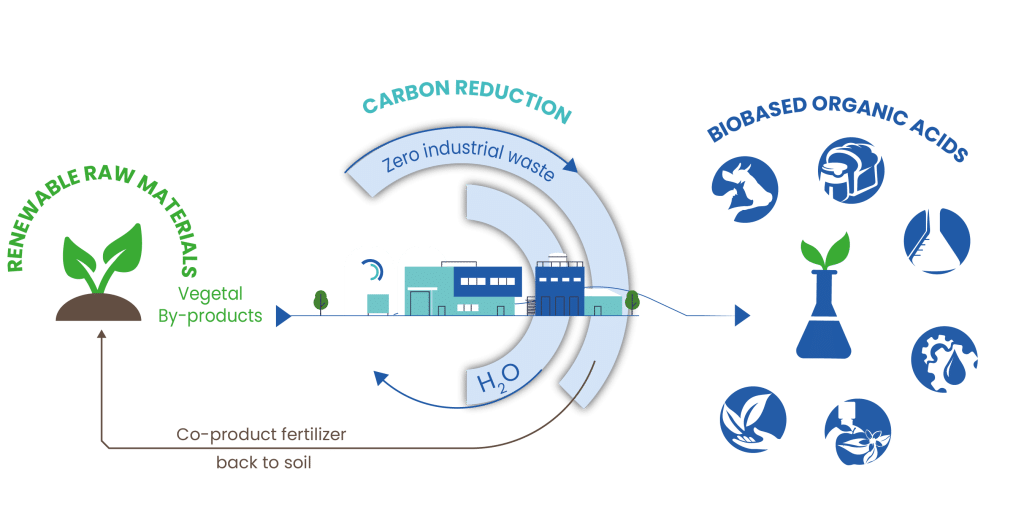
The whole concept of AFYREN is based on an advanced circular bioeconomy approach, with several levels of circularity, involving resource efficiency, resource renewability, recycling, and local procurement.
Feedstock:
Raw materials are not only renewable, they are agricultural by-products. The choice to use by-products was mainly made in order not to compete with agricultural land intended for human food. To minimize its impact on the planet as much as possible, Afyren uses by-products that are renewable from one agricultural season to the next.
Process:
– All products generated by the Afyren process are valorized and/or recycled: in addition to the seven organic acids produced, a fermentation residue is formed and returned to the soil as fertilizer (useable in organic farming) to reproduce a biomass production cycle. Consequently, no industrial waste is generated in this process.
– The manufacturing process consumes water in a controlled manner thanks to a water recycling system used during the fermentation phase. The process requires very little water as it operates in a closed loop and maximizes the water present in the biomass used as raw material.
Local procurement:
Last but not least, AFYREN is supplied with local or regional renewable raw materials (within a few hundred kilometers); its first plant is located in the North East of France, at the epicenter of sugar beet production, and close to its potential customers in Germany, France and the Benelux.
Last news
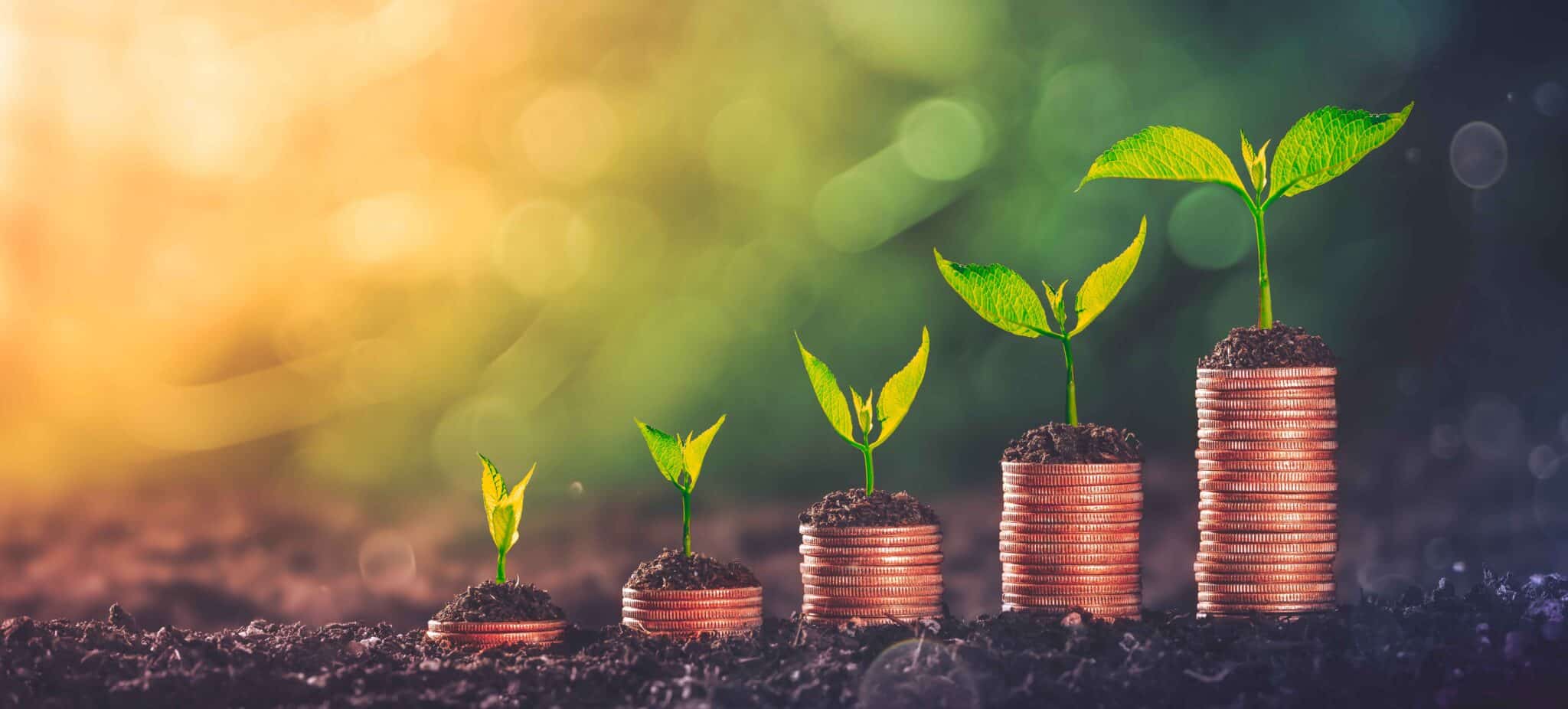
AFYREN NEOXY: first significant revenue and growing production in 2025
News post Press release
AFYREN confirms drawdown of €7 million in previously secured financing for its subsidiary AFYREN NEOXY
News post Press release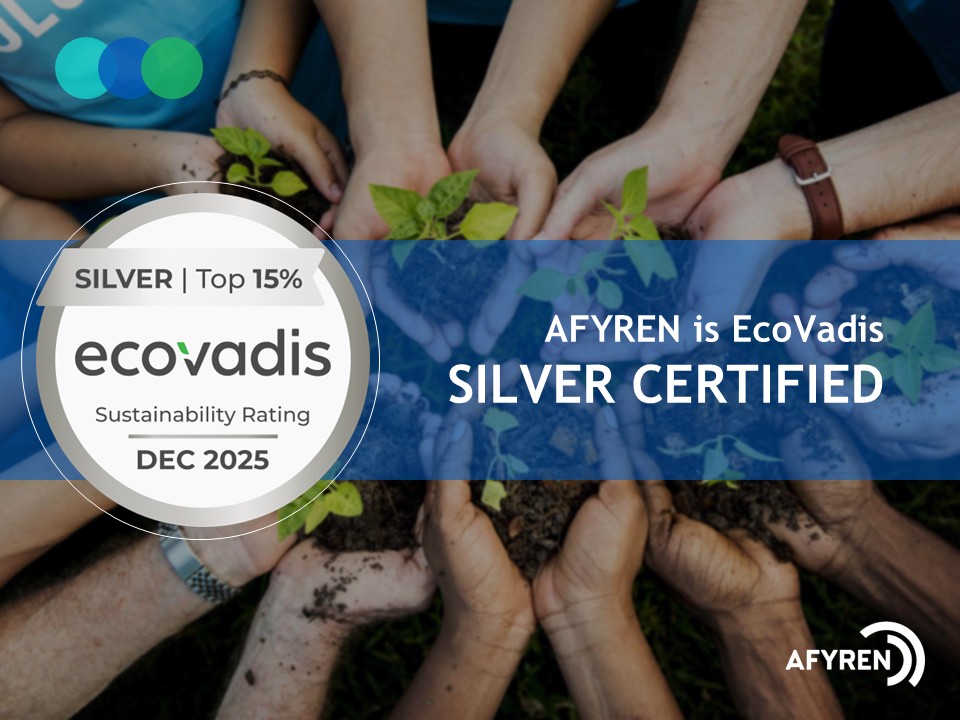
AFYREN awarded Silver Medal by EcoVadis for CSR performance, ranking in the top 8% worldwide
Press release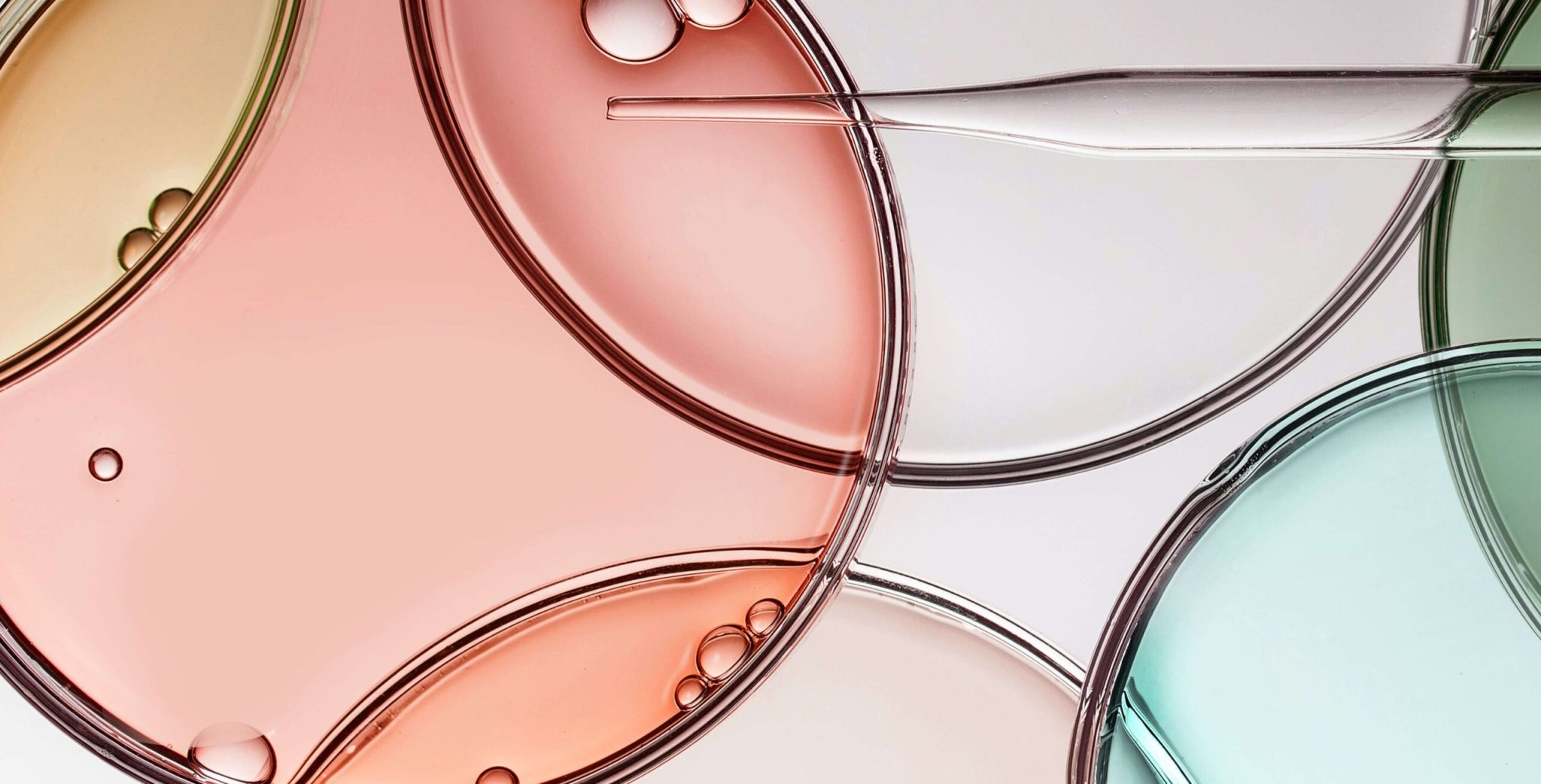
AFYREN and ESSE Skincare begin partnership to offer 100% natural cosmetic solutions with enhanced skincare performance.
Press release
AFYREN raises €23 million through share capital increase to finance optimization and expansion of unique biorefinery AFYREN NEOXY
Press release
Deforestation – Turning compliance with EUDR into an innovation driver
Publication